Alphabet Recognition Normal Letter Recognition Worksheets for Ages 8-9
19 filtered results
-
From - To
Enhance your child’s literacy skills with our Alphabet Recognition Normal Letter Recognition Worksheets, designed specifically for ages 8-9. Our comprehensive worksheets promote understanding and mastery of the alphabet through engaging exercises. These printable sheets are perfect for home or classroom use, providing fun activities that reinforce letter identification. Ideal for developing reading proficiency, they cater to all learning styles. Partner with Kids Academy to ensure your child's educational journey is on track, building confidence and foundational skills. Visit us to download these indispensable resources, and watch as your child's abilities flourish with consistent practice.
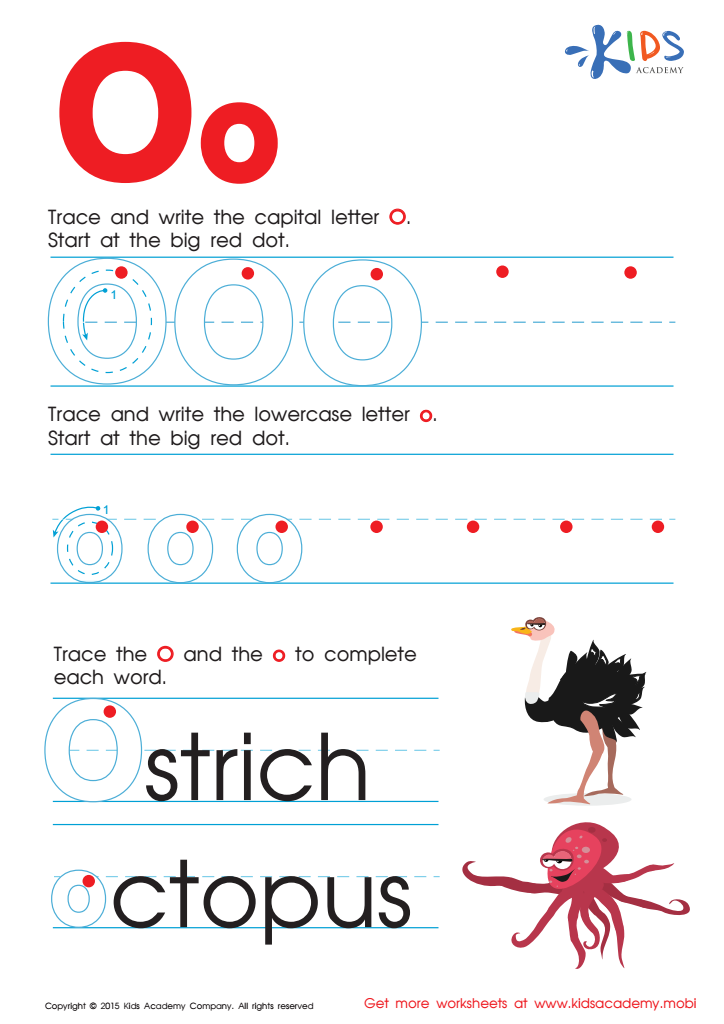

Letter O Tracing Page
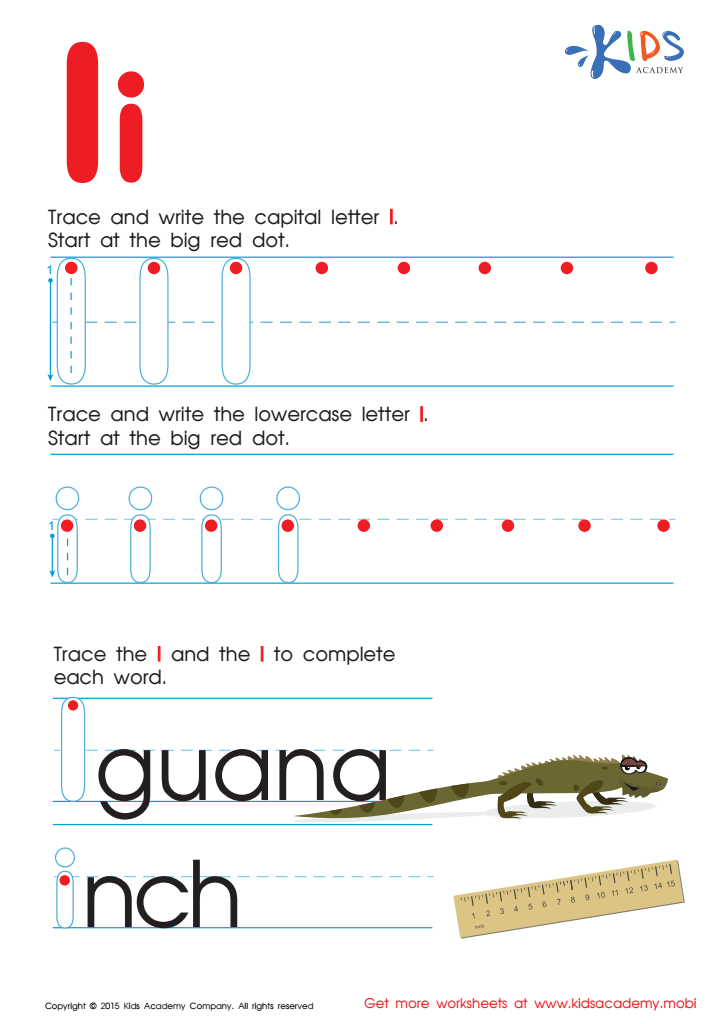

Letter I Tracing Page
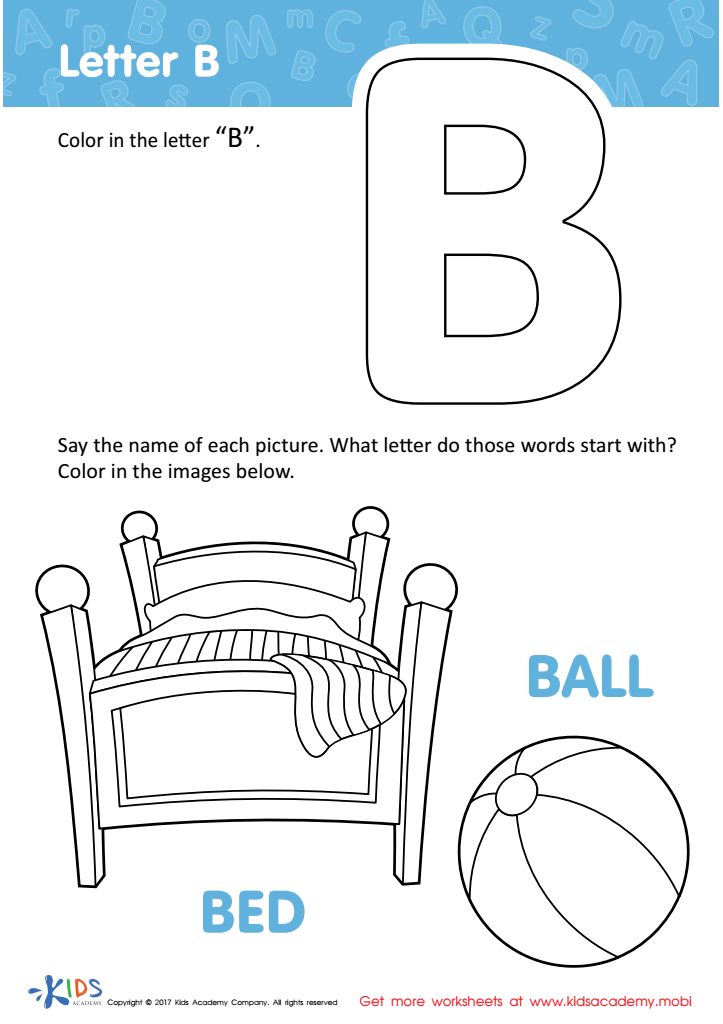

Letter B Coloring Sheet


Letter A Coloring Sheet
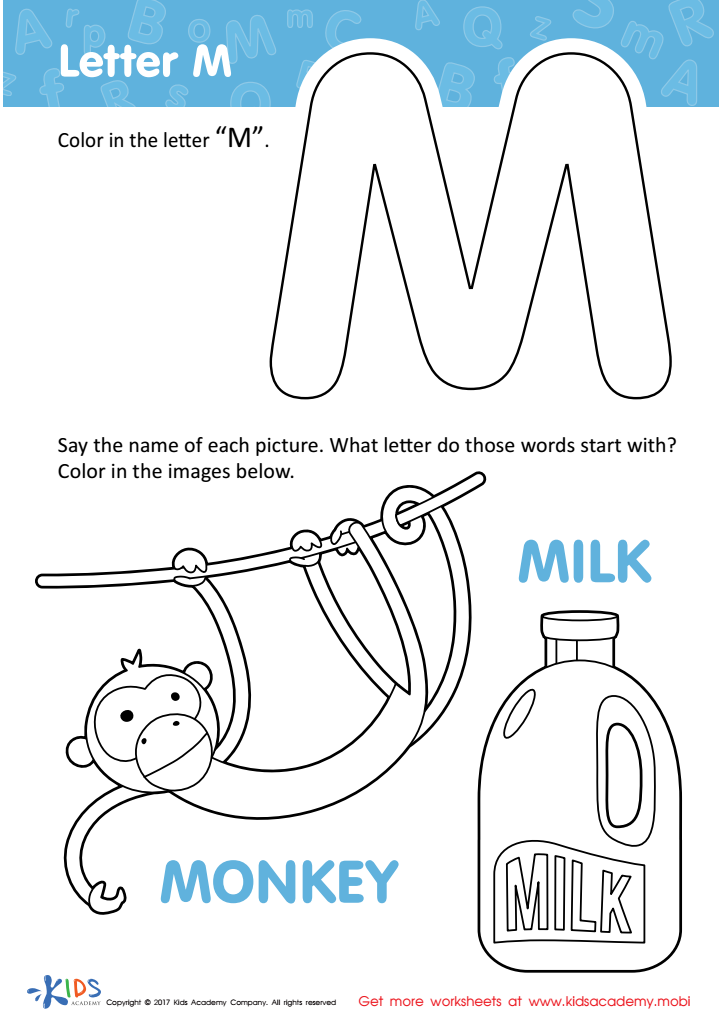

Letter M Coloring Sheet
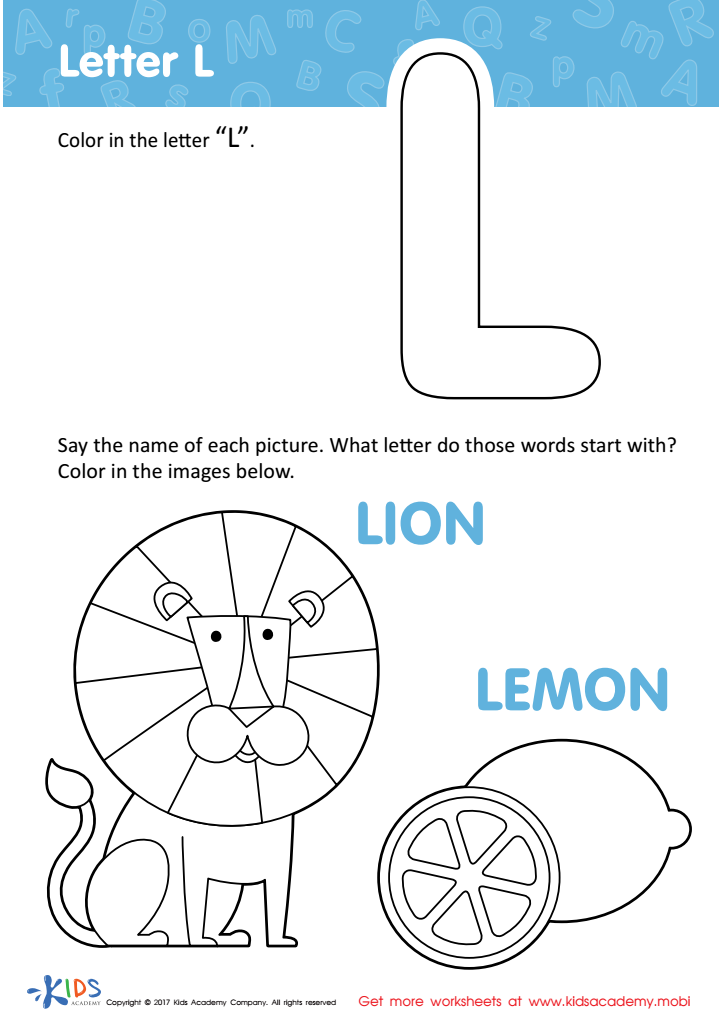

Letter L Coloring Sheet
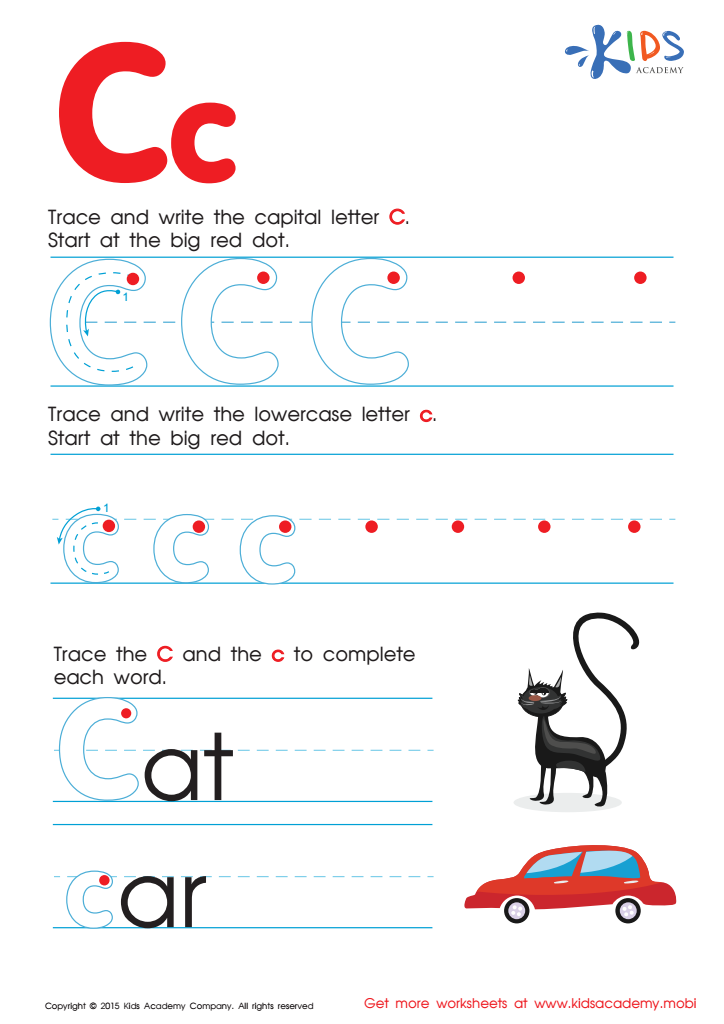

Letter C Tracing Page
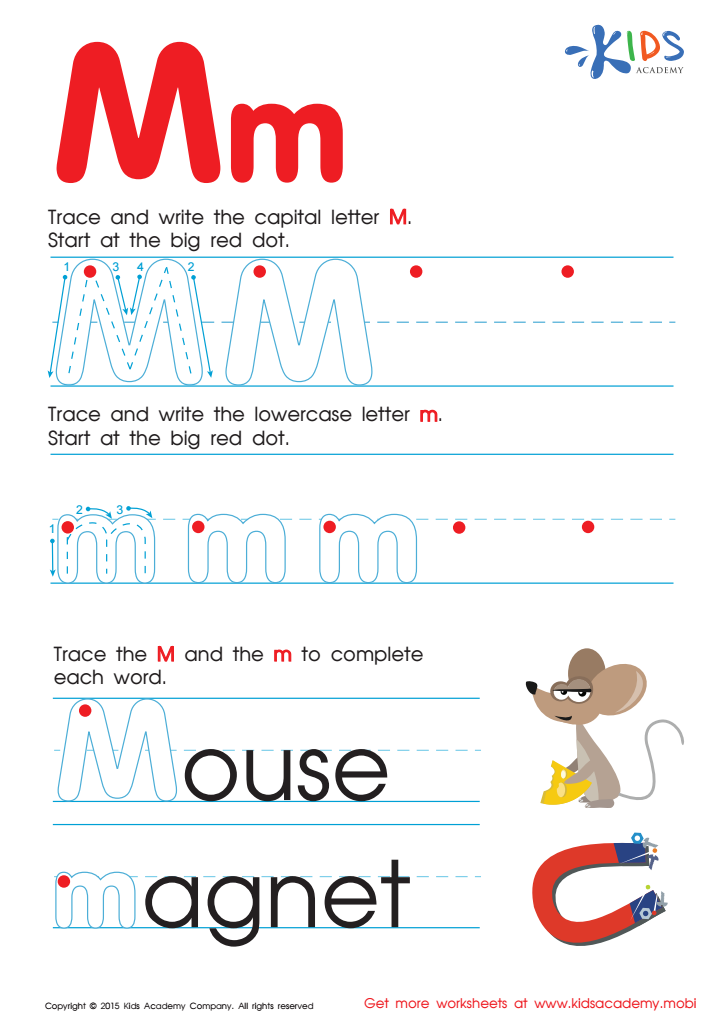

Letter M Tracing Page
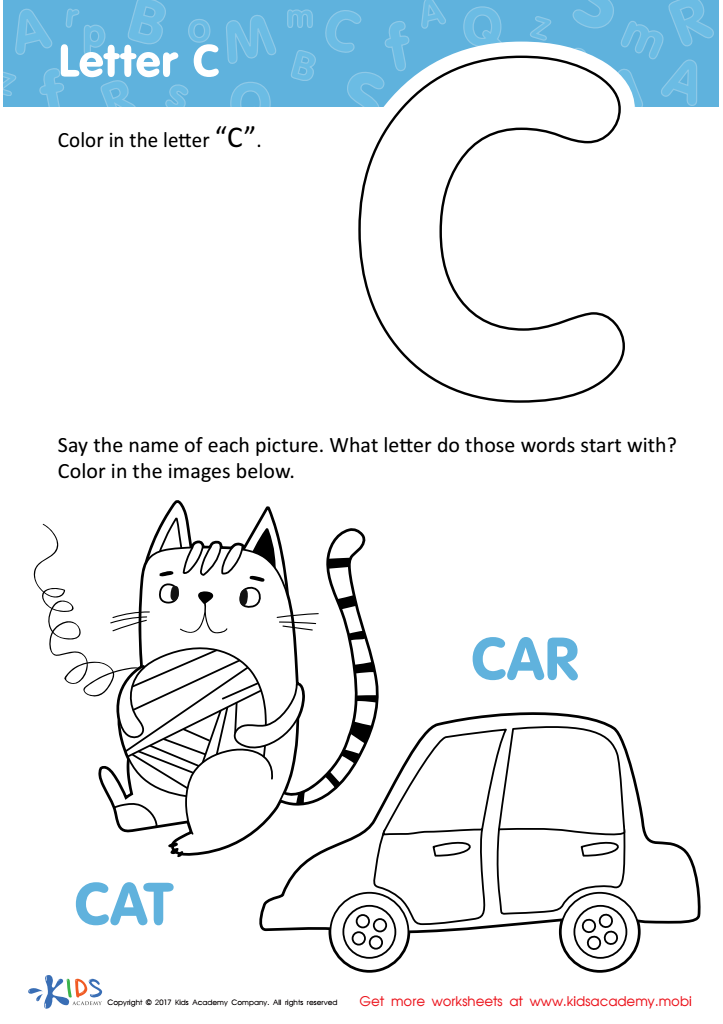

Letter C Coloring Sheet
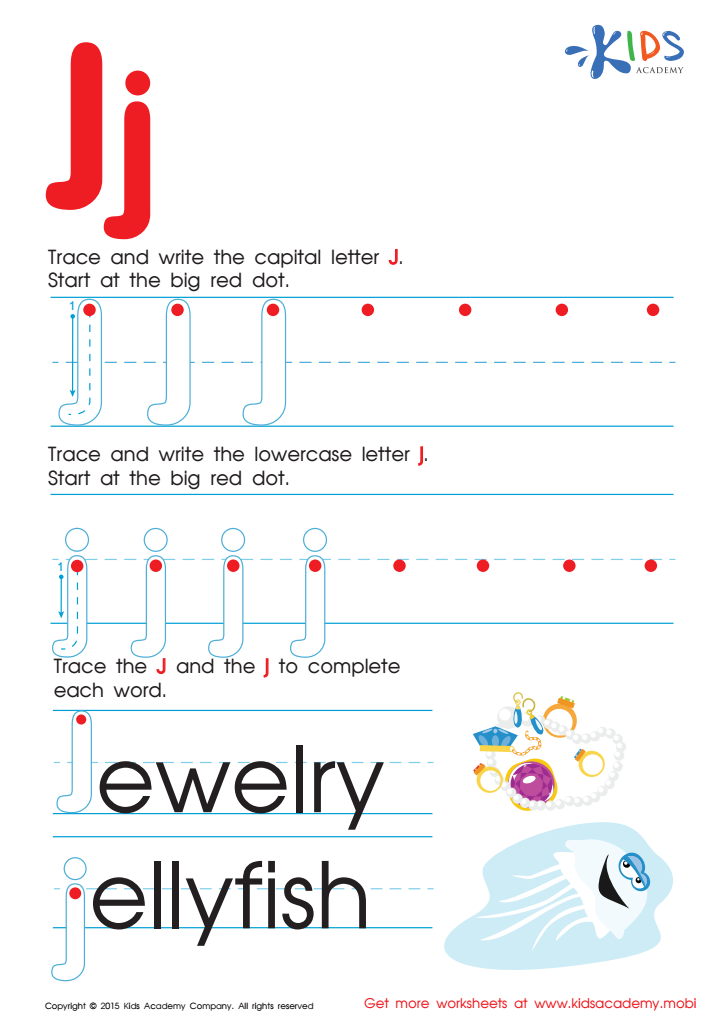

Letter J Tracing Page
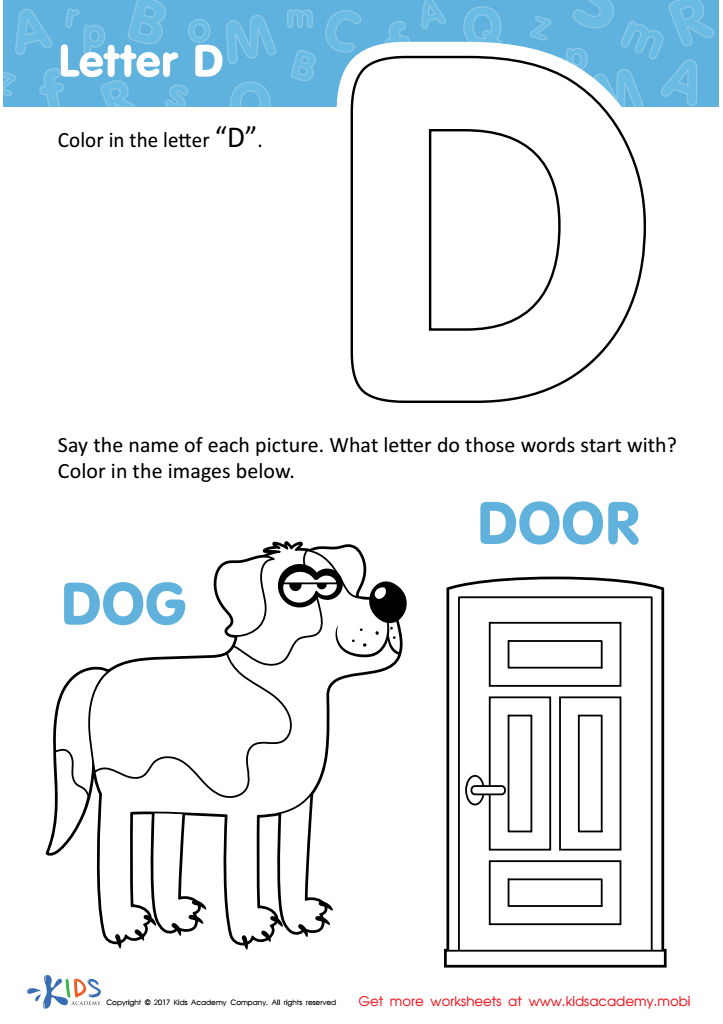

Letter D Coloring Sheet
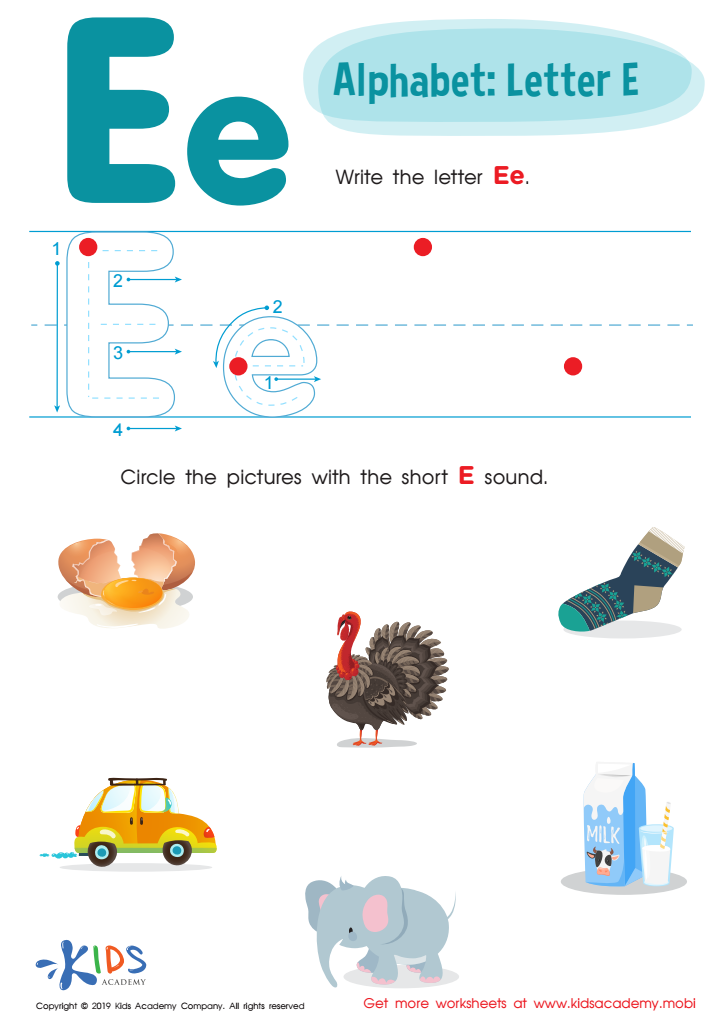

Letter E Tracing Worksheet
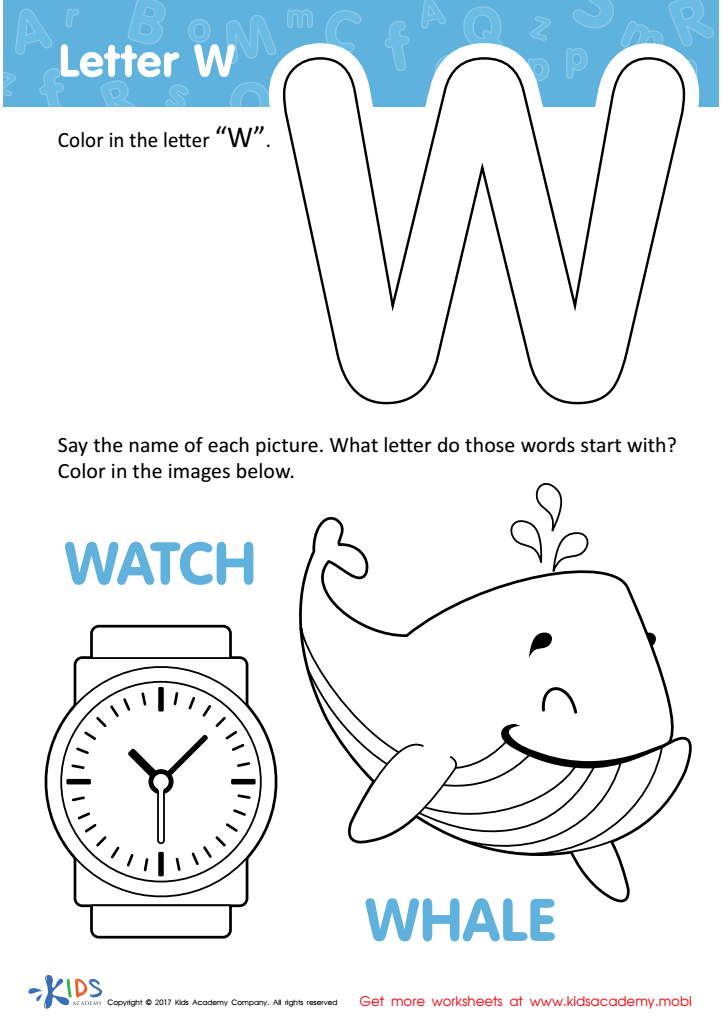

Letter W Coloring Sheet
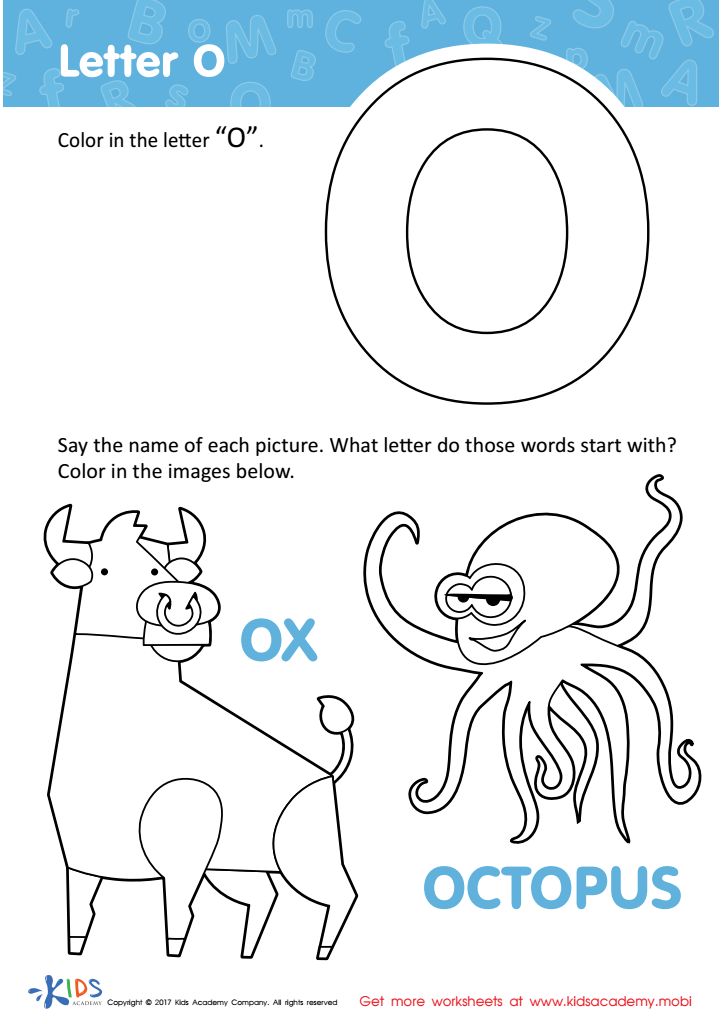

Letter O Coloring Sheet
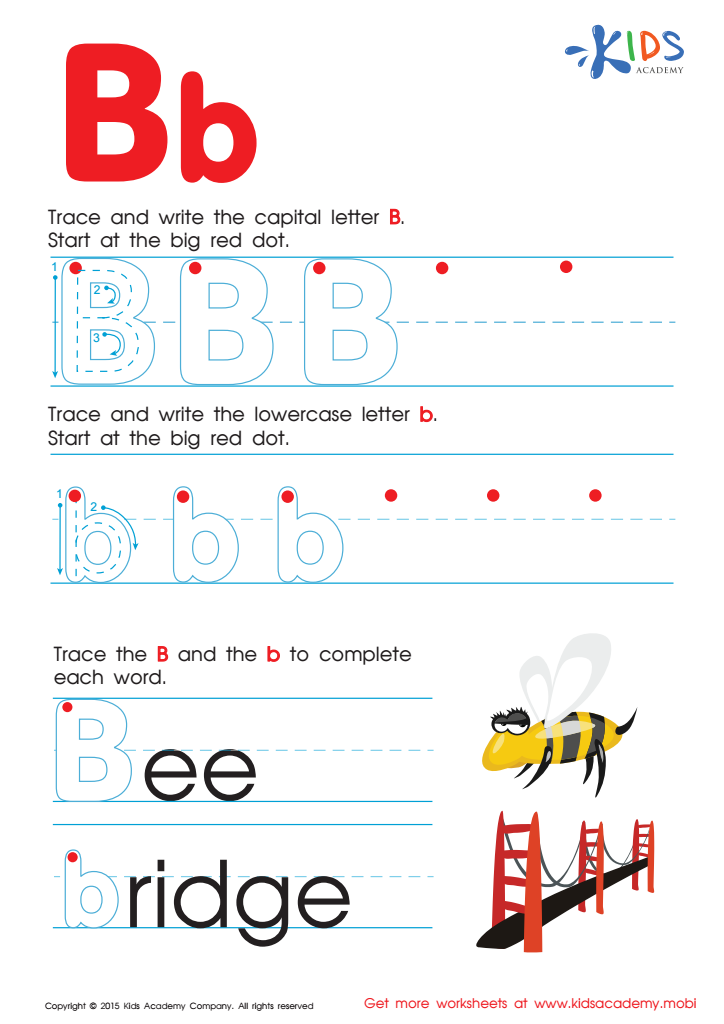

Letter B Tracing Page
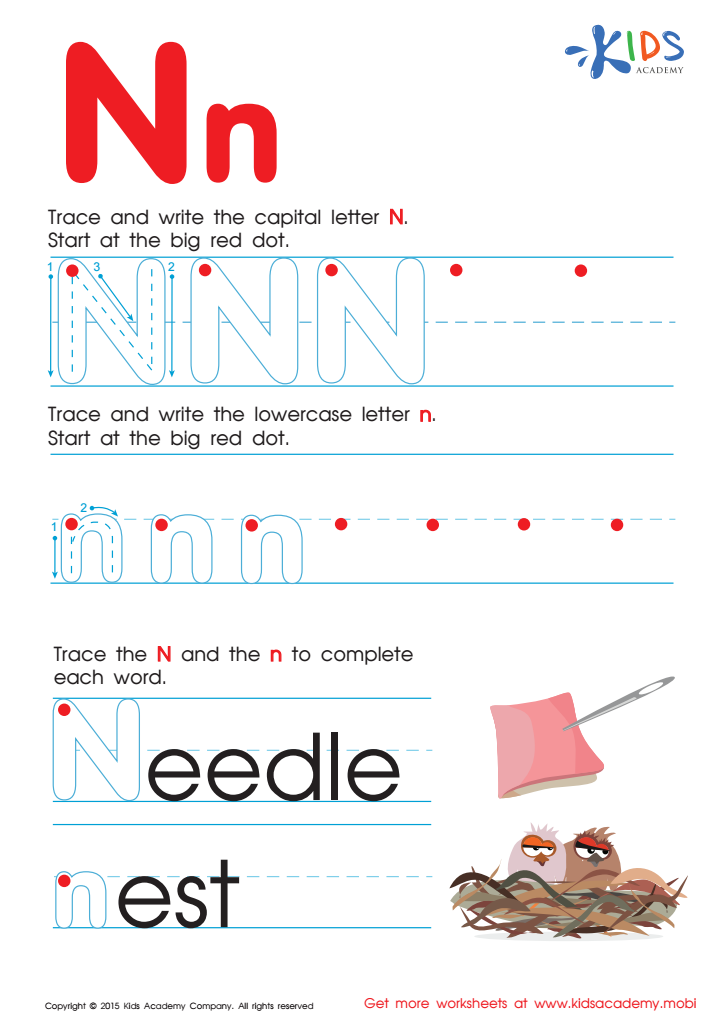

Letter N Tracing Page
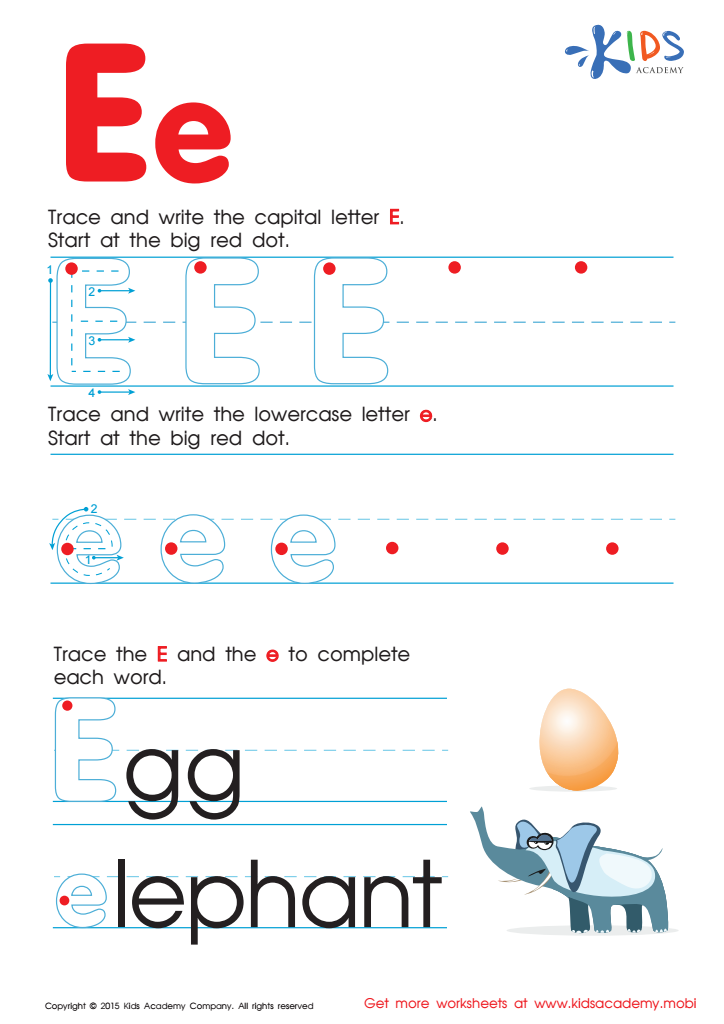

Letter E Tracing Page
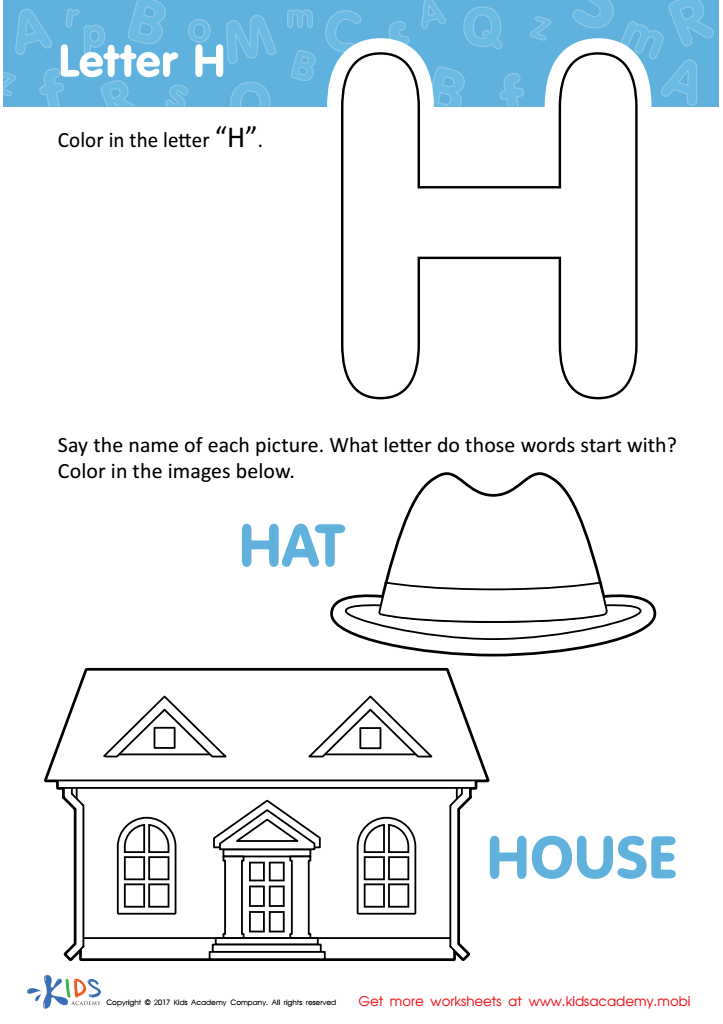

Letter H Coloring Sheet
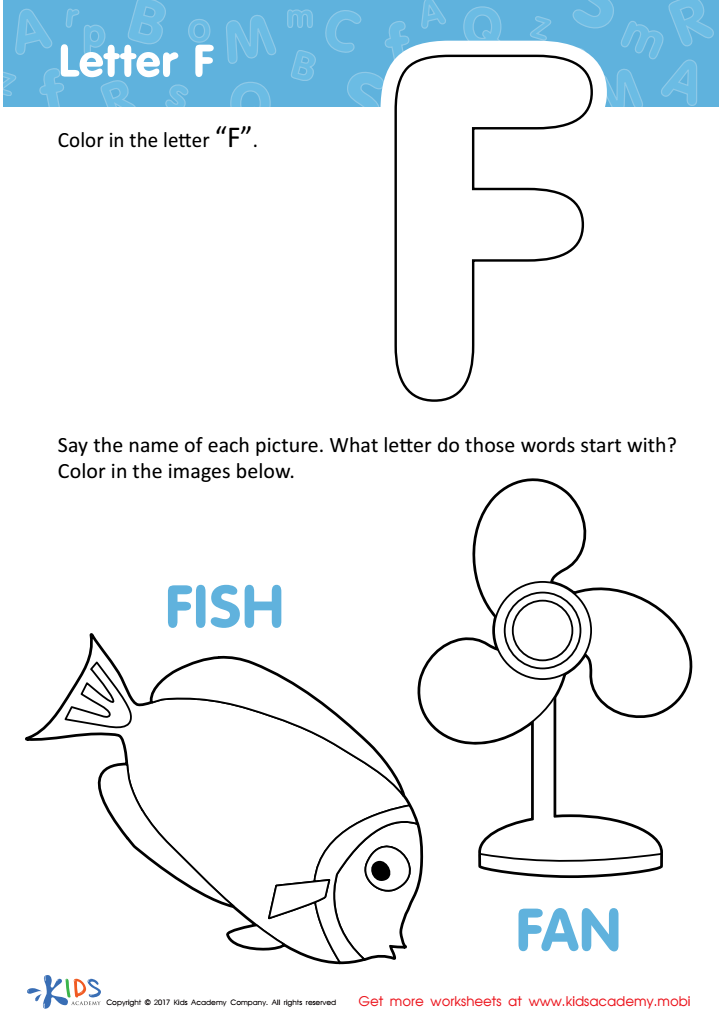

Letter F Coloring Sheet
Alphabet recognition and normal letter recognition are critical skills for children aged 8-9, serving as building blocks for literacy development. By this age, students transition from 'learning to read' to 'reading to learn.' Proficiency in recognizing letters, both by their form and sound, directly impacts their ability to decode new words, fostering reading fluency and comprehension. This foundational skill supports vocabulary growth, as children are better equipped to sound out unfamiliar words and understand their meanings in context.
Parental and teacher involvement plays a crucial role in reinforcing these skills. Regular practice through engaging activities such as reading aloud, educational games, and interactive writing exercises can immensely benefit students, ensuring they remain on track with their literacy milestones. Early identification of any letter recognition difficulties allows for timely interventions, preventing future academic struggles and boosting children's confidence.
Moreover, strong letter recognition skills are linked to success across various subjects, not just language arts. Mathematics, science, and social studies often require reading abilities to understand problem sets and instructions accurately. Therefore, investing time and resources into developing these skills can lead to long-term educational benefits, setting the stage for more advanced learning and helping children develop into proficient, lifelong readers and learners.
 Assign to My Students
Assign to My Students




















